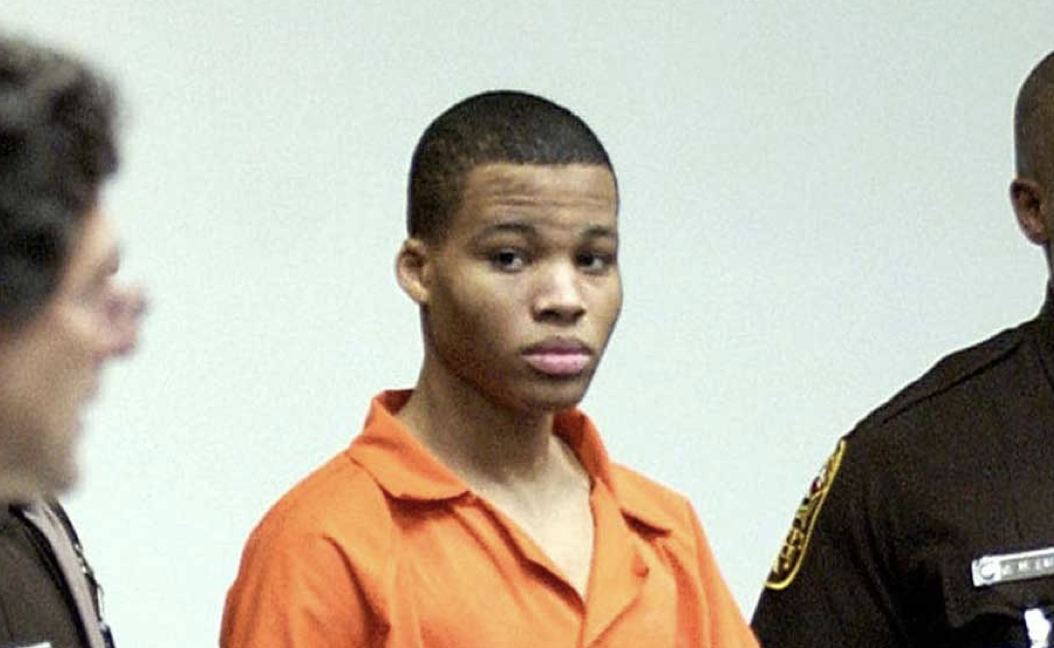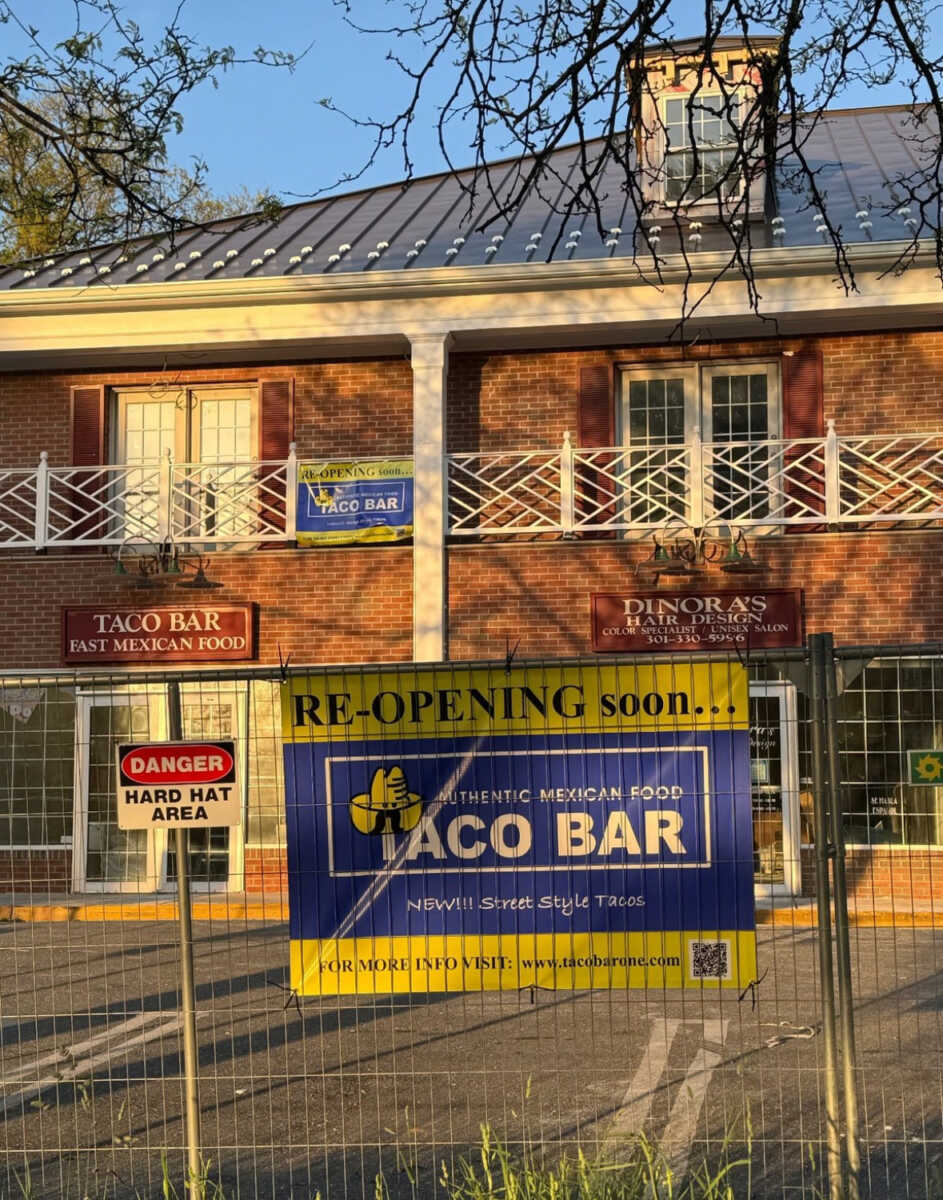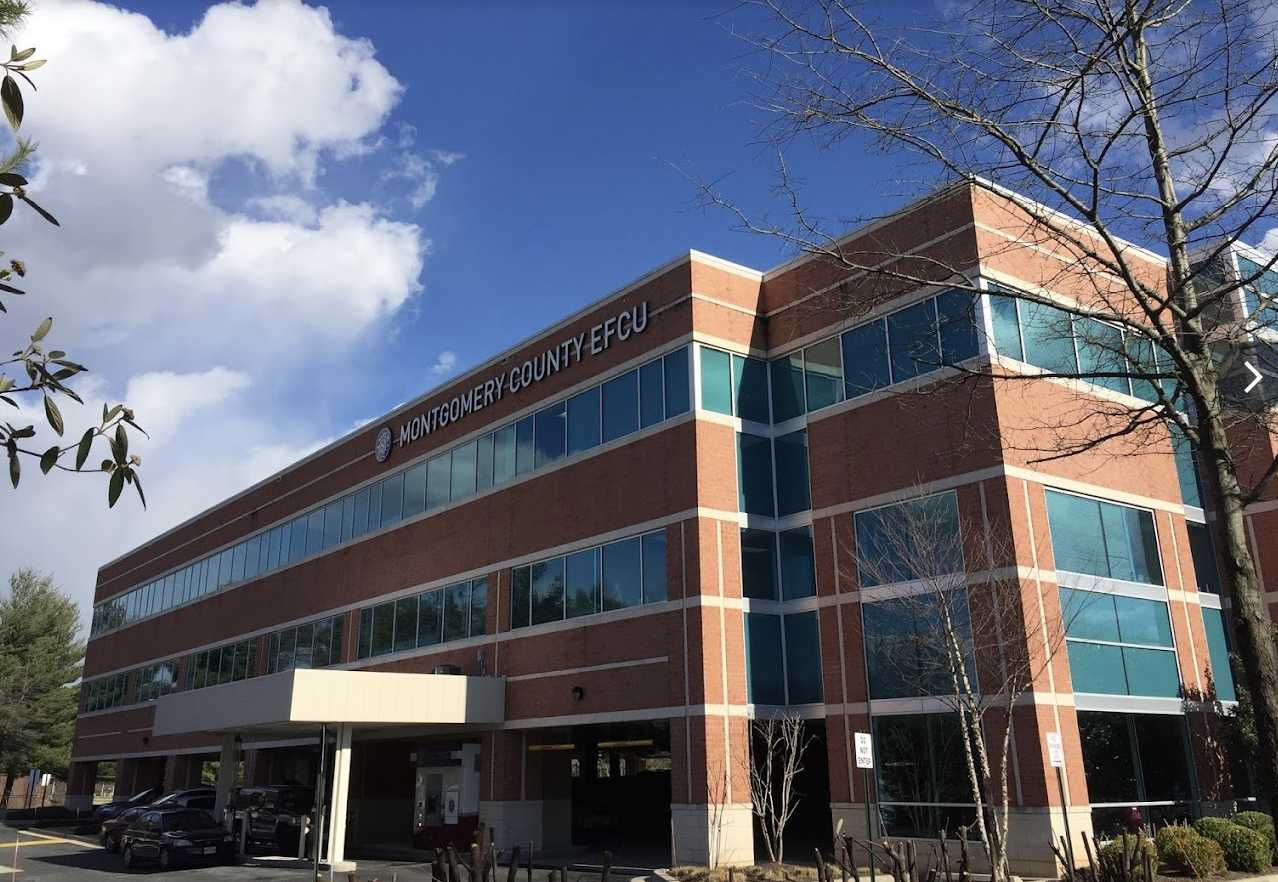
On Friday Maryland’s highest court granted Lee Boyd Malvo, the now 37-year-old convicted D.C. sniper, a new sentencing hearing. In 2006, a Montgomery County Circuit Court judge sentenced Malvo, who pleaded guilty, to six life sentences without the possibility of parole for his role in the killing of six people. In a 4-3 ruling filed Friday, the Maryland Court of Appeals determined Malvo was due a new sentencing hearing, citing the 2012 Supreme Court case Miller v. Alabama, which says life sentences without the possibility of parole for juveniles violate the Eighth Amendment.
Malvo was 17 years old when he and John Allen Muhammad (41-years-old) began a killing spree in DC, Maryland and Virginia for a three week period in October 2002 before they were arrested later that month at a Maryland rest stop. Muhammad was executed in 2009 for his role in the shootings. In 2017, Malvo filed a motion to correct what he claimed was an illegal sentence under a Maryland law, based on a 2012 US Supreme Court ruling barring mandatory life sentences without parole for juvenile offenders. Per court documents, “Recent Supreme Court decisions have held that the Eighth Amendment to the United States Constitution does not permit a sentence of life without parole for a juvenile offender convicted of homicide if the sentencing court determines that the offender’s crime was the result of transient immaturity, as opposed to permanent incorrigibility. That constitutional constraint applies retroactively. However, a court that imposes a sentence in a discretionary sentencing regime need not make an explicit finding as to a juvenile offender’s incorrigibility. In a case where sentencing took place prior to the recent Supreme Court decisions and where the sentencing judge may have determined that the defendant was not permanently incorrigible, the defendant is entitled to be resentenced to ensure compliance with the Eighth Amendment. The terms of that sentence remain within the discretion of the sentencing court.”
Malvo is currently serving four life terms in Virginia for his role in the sniper shootings. He would have to be granted parole before he begins to serve his Maryland sentence. The Maryland Circuit Court will determine what his new sentence will be and whether he will be eligible for parole. No date for his re-sentencing has been set.
Recent Stories
Cloud 9 Nail Lounge, a salon that will offer the opportunity to enjoy an alcoholic beverage during your mani/pedi, will hold its grand opening at 20940-E Frederick Rd in the…
FEST OF SPRING Caribbean Wine Food & Music Festival
Get ready to experience the vibrant colors, tantalizing flavors, and infectious rhythms of the Caribbean at the FEST OF SPRING Caribbean Wine Food & Music Festival! Hosted by RHU LLC, this exciting festival is set to take place on May 18, 2024, at the picturesque 16700 Barnesville Rd in Boyds, MD.
Step into a world where the Caribbean spirit comes alive! From 12:00 PM onwards, immerse yourself in a sensory journey that celebrates the unique culture, cuisine, and music of the Caribbean. Whether you're an African American, a Reggae or Soca music enthusiast, a wine lover, or part of the vibrant Caribbean diaspora, this festival promises to delight and captivate you in every way.
Let the enticing aromas of mouthwatering Caribbean dishes tantalize your taste buds. Feast on traditional delicacies prepared by expert chefs, showcasing the rich and diverse culinary heritage of the Caribbean. Indulge in flavorful jerk chicken, succulent seafood, and delectable plantain dishes that will transport you straight to the islands.
Accompanying the culinary extravaganza is a carefully curated selection of premium wines, ensuring the perfect pairing for your palate. Sip on fine wines from renowned vineyards, each sip a reflection of the Caribbean's vibrant spirit. Discover new flavors, expand your wine knowledge, and savor unforgettable moments with every glass.
As the sun sets, get ready to groove to the infectious rhythms of Caribbean music. Feel the pulsating beats of reggae, soca, dancehall, and calypso, moving your body to the lively melodies. Live performances by talented musicians and performers will keep the energy high, ensuring a night of unforgettable entertainment.
Don't miss this opportunity to embrace the Caribbean spirit and celebrate the arrival of spring in style! Tickets are available on AllEvents, so secure your spot today. Join us at the FEST OF SPRING Caribbean Wine Food & Music Festival, where cultures collide and unforgettable memories are made.
LIVE PERFORMANCES By: CULTURE Feat. Kenyatta Hill, EXCO LEVI, IMAGE BAND, RAS LIDJ REGG'GO with Special Guest SUGAR BEAR FROM E.U. & MORE! & MORE!
MUSIC By: DJ ABLAZE, DJ SMALLY & NAJ SUPREME
2 NIGHT Camping packages available: RV/CAMPER $200 | TENTS $150 Starting on Friday May 17 @ 5pm | 30 RV SPACES | 30+ TENT SPACES
KIDS 12 & UNDER FREE!!!





